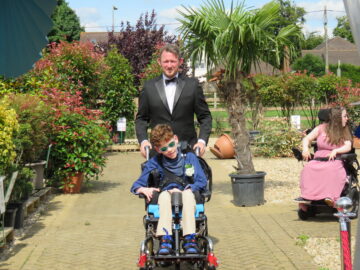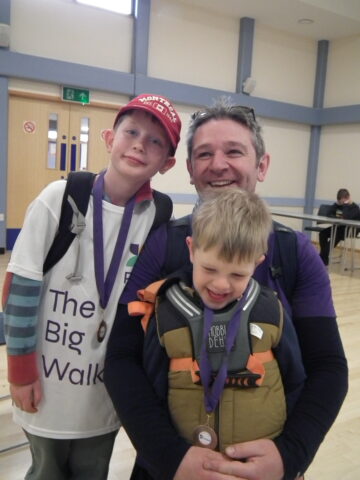
Beyoncé lyric: challenge and educate
Author: Louise Walker
Posted on: 08/04/2022
Category: Pace
You will have seen in the news that global pop star Beyoncé has had to apologise and re-record a song lyric due to its offensive nature. The ableist slur is insulting, especially to spastic cerebral palsy (CP). The song should have been pulled from release when pop star Lizzo publicly apologised for the use of the exact phrase in her music just a few weeks ago. Beyoncé’s team have confirmed that the song, released last Friday, will be re-recorded and the lyric replaced.
First of all, we welcome the fact that the song will be re-recorded and released with a different phrase. This term is a hugely offensive derogative slur. We also welcome the conversation. We want to take the opportunity to educate people on the connotation and inflex of such language.
We should challenge negativity about disability. We work with children and young people with CP and other neurological challenges. These driven, tenacious and inspirational young people are able when in the right environment, with the appropriate equipment surrounded by a community that includes them, to achieve their full potential. It is society that disables them. How do we address this?
Let’s start with educating people about spastic cerebral palsy
Spastic cerebral palsy is the most common type of CP, affecting 80% of people. It causes damage to the motor cortex at the top of the brain, or its pathways. Children might have muscle tightness, stiffness, and reduced or jerky movements. The extent of damage determines which parts of the body are affected:
- Spastic diplegia means muscle stiffness in the legs, primarily, but arm mobility may also be affected
- Spastic hemiplegia means one whole side of the body is affected. Typically, the arm is more affected than the leg
- Spastic quadriplegia means the whole body is affected, sometimes including muscles of the head and face
You can see how the terms and the context of the phrase is so offensive.
Share:


